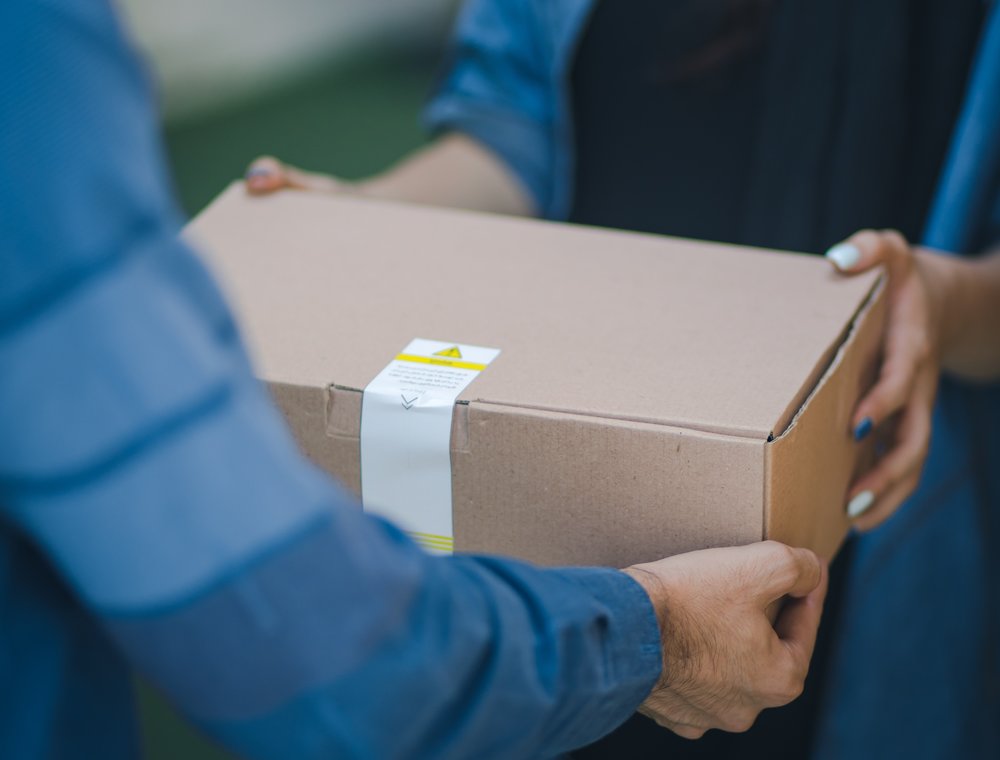How has e-commerce progressed in the region a year on the from the Souq acquisition?
- The success of Souq and other regionally-grown startups has underscored the importance strengthening entrepreneurship ecosystems
- In the post-Souq world, we are seeing a lot more instances of former employees of regional tech companies going on to start their own companies
E-commerce giant Amazon's announcement in March 2017 that it had acquired Souq.com, an e-commerce marketplace for the region based out of Dubai - also known as "the Amazon of the Middle East" - harked proclamations across the region that e-commerce was finally having its moment in the Arab tech ecosystem. But one year on, e-commerce's track record has been mixed.
How has e-commerce progressed in the region a year on the from the Souq acquisition, if at all?
While Souq’s final acquisition value of $650 million fell well short of private valuations that placed it in the unicorn club, it is the largest technology M&A transaction ever in the Arab World. The success of Souq and other regionally-grown startups like Cobone, Maktoob, Careem, and Dubizzle has underscored the importance of Arab countries significantly strengthening their entrepreneurship ecosystems.
There is a palpable sense of FOMO in the region with countries asking “How do we make Riyadh, Abu Dhabi, Doha, or Manama the next Silicon Valley?”
In a post Souq world, we see online marketplaces dominating the startup space with a noticeable trend towards hyper-vertical and hyper-local marketplaces. We are also starting to see the foundational regional tech companies beginning to ramp up their investments in other regional startups. For example, in November 2017, Dubizzle made its first acquisitions of four Dubai-based startups to expand its real estate and vehicle offerings.
A recent study showed that, of the current top 100 regional startups, a significant portion were former employees of regionally-grown tech startups.
So, in the post Souq world, we are seeing a lot more instances of former employees of regional tech companies going on to start their own companies. An interesting example is Swvl in Egypt, which was founded in April 2017 by a former Careem employee, and recently received the largest-ever VC funding round for an Egyptian tech startup. There is also a lot more corporate venture capital investment and acquisitions by regional tech pioneers in the Arab region of fledgling startups in the UAE, Saudi Arabia, Egypt, and even increasingly in Pakistan. Home-grown tech companies are also starting to give back to their ecosystems through the virtuous circle of funding former employee founded startups.
What still needs to change fundamentally to speed up the shift to e-commerce in the Gulf?
In many Arab countries, the foundational regulations of the digital economy are still not strong. The first step for these countries is to adopt world-class regulations on data privacy, taxation of digital services, and electronic payments. However, there are still countries in our region that are approaching the regulation of e-commerce from a position of fear which occasionally leads them to benchmark some of the bad global regulatory practices such as data localization.
Once the foundational regulations for the digital economy are in place, a key concern then becomes competition between online and offline market players.
In the Arab region, there are still too many instances where government agencies believe they are tech companies, and they wind up crowding out private sector innovation by competing with the private sector or erecting high barriers to entry that prevent startups achieving scale. In particular, this issue of balancing vested, incumbent industry interests with technological innovation is being discussed more frequently as Arab governments consider how to regulate over the top services. One bad approach to regulating over the top services that we see more frequently is imposing complicated, unclear licensing frameworks on technology companies which favor industry incumbents, create onshore tax liability, and require multiple business sub activity licenses of the companies themselves or critical suppliers. In the Arab region, the struggle to get this right, for example, is currently negatively affecting the growth of the sharing economy and VoIP technologies.
Trust and safety is also an emerging issue in the Arab region.
Arab countries are frustrated with mutual legal assistance treaties and regulations like the upcoming General Data Protection Regulation which restrict their ability to obtain online records, user data, and other digital information to assist investigations. There is an urgent need for Arab governments to work with technology companies to obtain online data with sufficient due process in a predictable, reasonable time frame that enhances public safety.






































